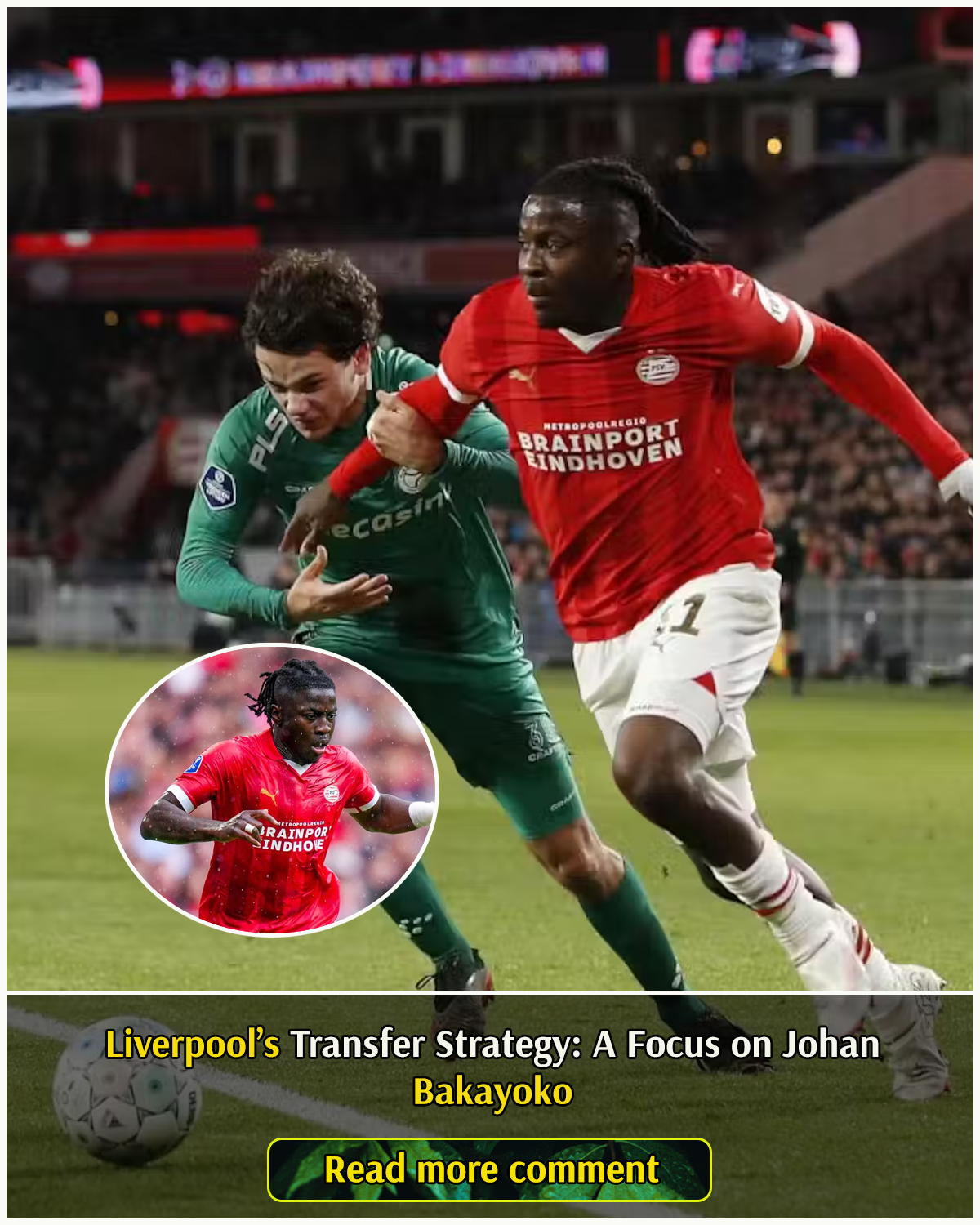
Liverpool’s Transfer Strategy: A Focus on Johan Bakayoko
In a market increasingly defined by astronomical fees and frenetic transfer rumours, Liverpool’s strategy remains under intense scrutiny. The Reds’ link to Johan Bakayoko, as discussed on Anfield Index’s ‘Daily Red Podcast’ by Dave Hendrick, brings a pertinent question into focus: what does Liverpool truly need in their attacking arsenal?
Assessing Bakayoko’s Fit at Liverpool
Dave Hendrick’s recent commentary lays bare the sentiments surrounding Liverpool’s potential move for Bakayoko. “Can we just stop with Johan Bakayoko? Noni Madueke put up better numbers in that league and has been bang average in the Premier League.” This comparison raises doubts about the adaptation of players from lesser-known leagues to the rigor of English football. It’s a sentiment that echoes across many fan discussions—just how indicative are performances in one league of success in another?
Furthermore, Hendrick questions the necessity of Bakayoko’s acquisition given the existing squad depth. “We’ve got Harvey Elliott, we have absolutely no need to sign Bakayoko. We’re not going to spend £40 million on a player that isn’t going to start for us for two years.” This quote highlights a strategic approach focusing on immediate impact rather than developmental prospects, particularly at such a high cost.
Immediate Impact vs. Future Prospects
Liverpool’s current strategy, as interpreted from Hendrick’s comments, leans towards signing players who can instantly uplift the team. “We need starters in attack, someone that can come in and raise the level and hopefully add the connectivity that has been missing.” The call for an attacker who can seamlessly integrate and elevate the team’s dynamics is clear. It reflects a broader strategy of prioritising immediate function over potential.
Where Should Bakayoko Go?
Discussing the ideal move for Bakayoko, Hendrick suggests, “Bakayoko is a really talented player but he’s the type of player that should be going to West Ham or Crystal Palace.” This isn’t just about Bakayoko’s ability or potential but also about the fit within a team’s existing setup and ambitions. West Ham and Crystal Palace represent clubs where Bakayoko could likely receive more game time and a central role, fostering his development and influence on the team.
Liverpool’s Next Steps in the Transfer Market
As Liverpool move forward, the need for a refined transfer strategy that balances immediate needs with future gains is essential. The discussion around Bakayoko brings a critical perspective on recruitment philosophy—investing in players who align with the team’s current tactical setups and immediate goals rather than speculative future stars who may not fit the bill.
In conclusion, while Bakayoko might be a burgeoning talent, Liverpool’s focus should remain on players who can contribute directly and distinctly to their campaign. The insights provided by Dave Hendrick on the ‘Daily Red Podcast’ highlight an essential aspect of modern football strategies: the balance between talent, cost, and immediate utility. For Liverpool, the road ahead in the transfer market should be navigated with a clear eye on these factors, ensuring each acquisition is a step towards tangible improvement.









